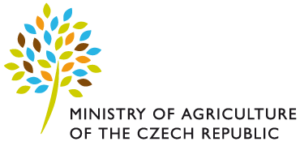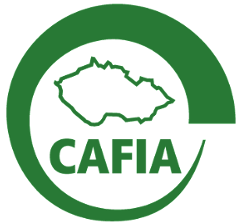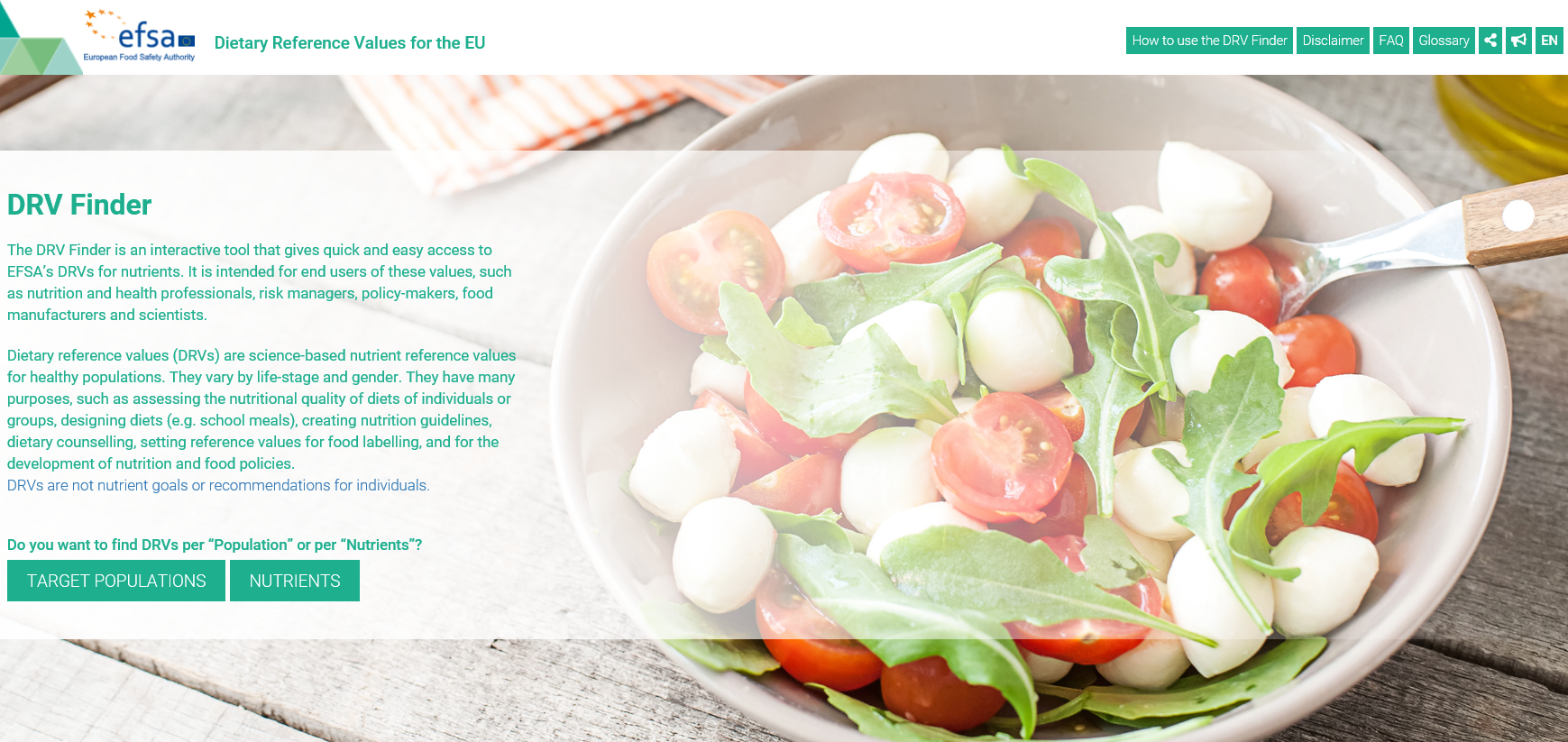Rapid Alert System for Food and Feed (RASFF)
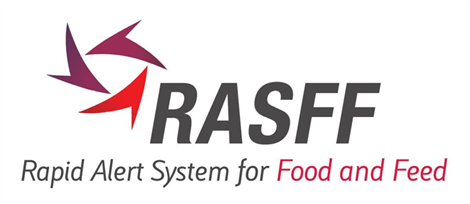
The EU has one of the highest food safety standards in the world – largely thanks to the solid set of EU legislation in place, which ensures that food is safe for consumers. A key tool to ensure the flow of information to enabling swift reaction when risks to public health are detected in the food chain is RASFF – the Rapid Alert System for Food and Feed.
Created in 1979, RASFF enables information to be shared efficiently between its members (EU Member State national food safety authorities, Commission, EFSA, ESA, Norway, Liechtenstein, Iceland and Switzerland) and provides a round-the-clock service to ensure that urgent notifications are sent, received and responded to collectively and efficiently. Thanks to RASFF, many food safety risks had been averted before they could have been harmful to European consumers.
Vital information exchanged through RASFF can lead to products being recalled from the market. A robust system, which has matured over the years, RASFF continues to show its value to ensure food safety in the EU and beyond.
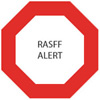
Alert notifications are sent when a food or feed presenting a serious health risk is on the market and when rapid action is required. The RASFF member that identifies the problem and takes the relevant actions (e.g. withdrawal of the product) triggers the alert. The goal of the notification is to give all RASFF members the information to confirm whether the product in question is on their market, so that they can also take the necessary measures.

Information notifications are used when a risk has been identified about food or feed placed on the market, but the other members do not have to take rapid action. This is because the product has not reached their market or is no longer present on their market or because the nature of the risk does not require rapid action.

Border rejections concern food and feed consignments that have been tested and rejected at the external borders of the EU (and the European Economic Area – EEA) when a health risk has been found. The notifications are sent to all EEA border posts in order to reinforce controls and to ensure that the rejected product does not re-enter the EU through another border post.
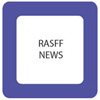
Any information related to the safety of food and feed products which has not been communicated as an alert or an information notification, but which is judged interesting for the control authorities, is transmitted to the members under the heading News.
Read more: https://ec.europa.eu/food/safety/rasff_en
RASFF 2018, annual report: https://www.bezpecnostpotravin.cz/UserFiles/publikace/RASFF_2018.pdf

